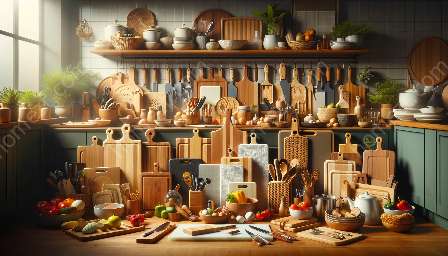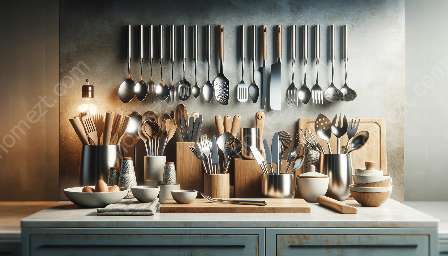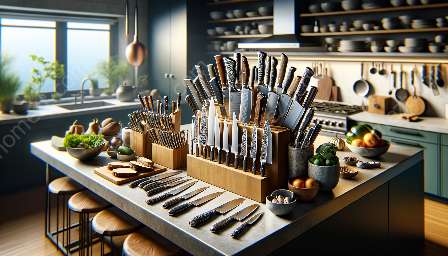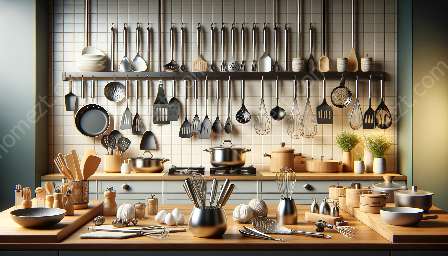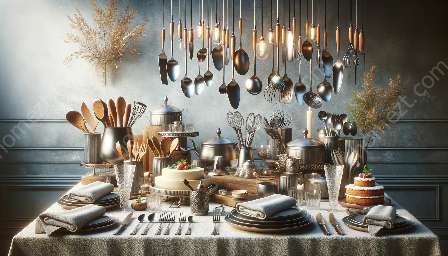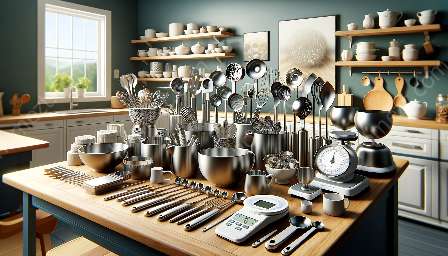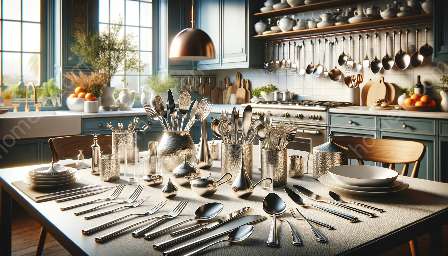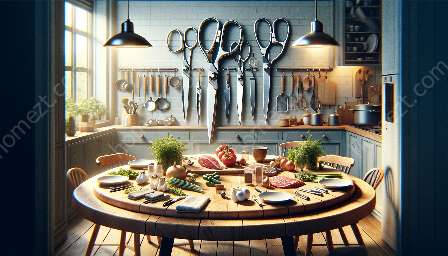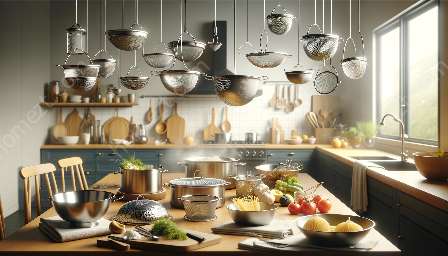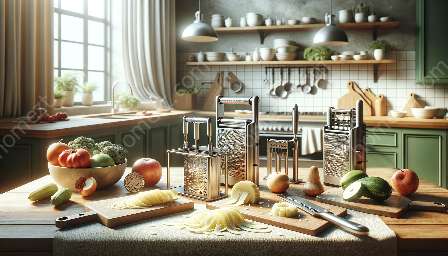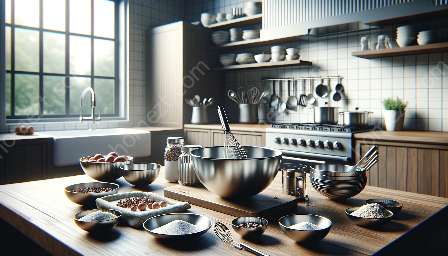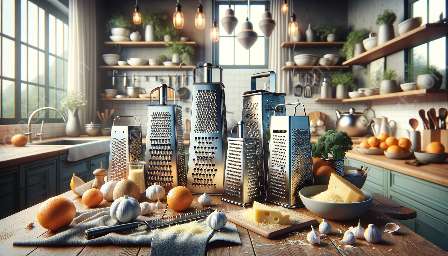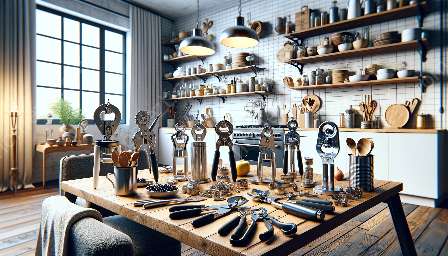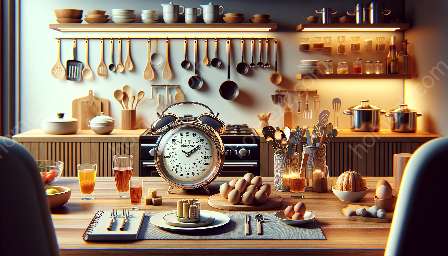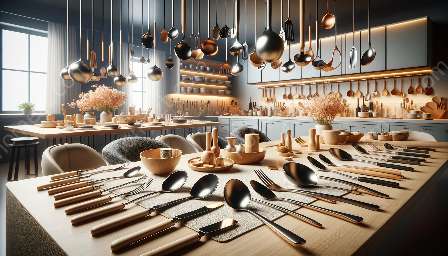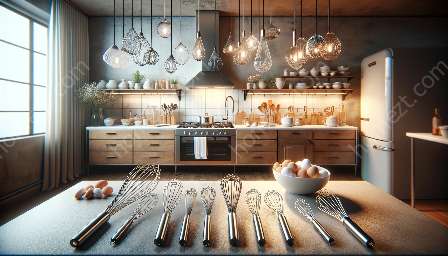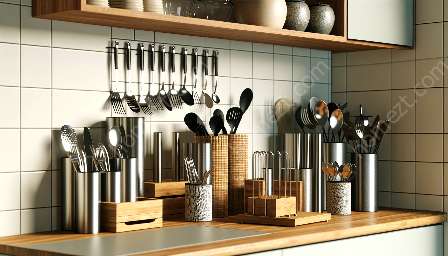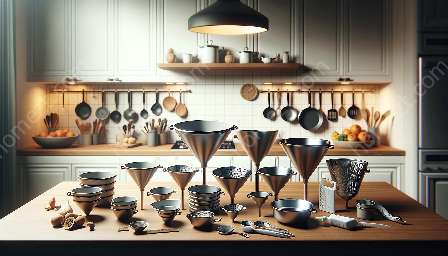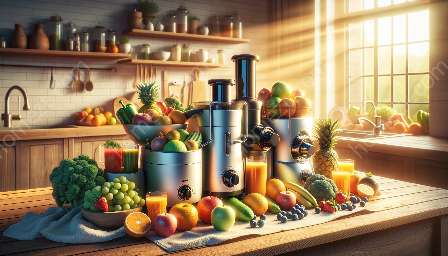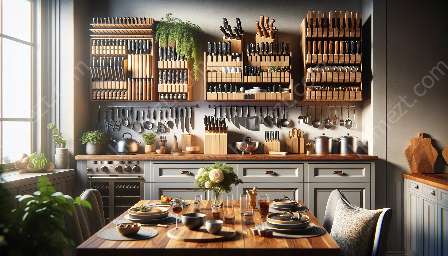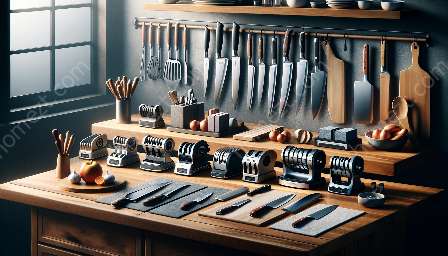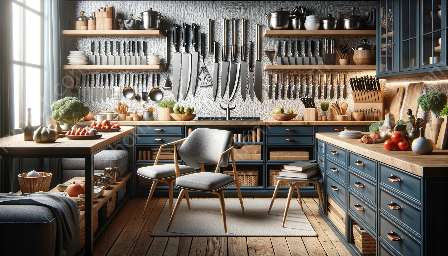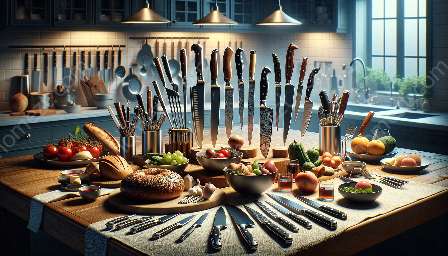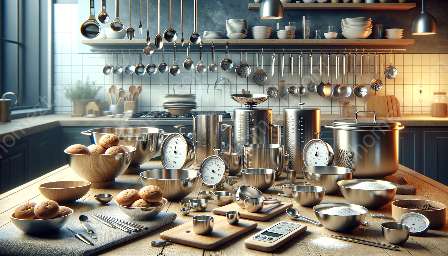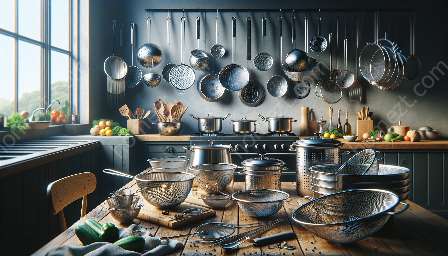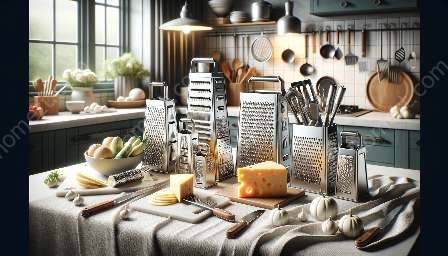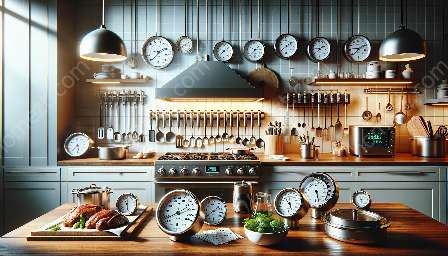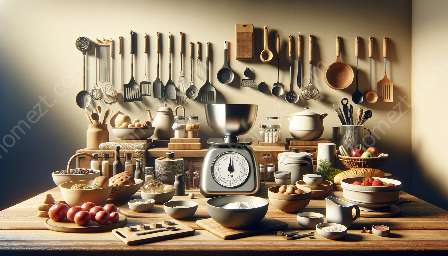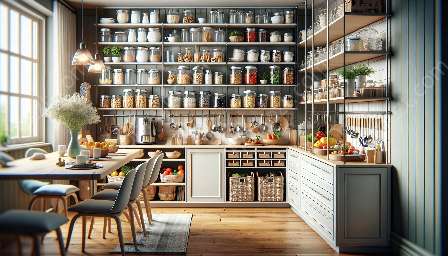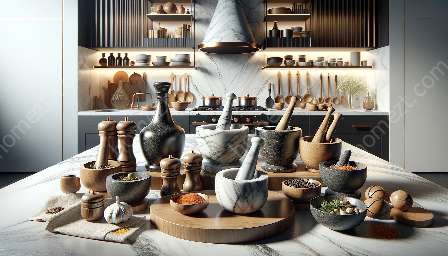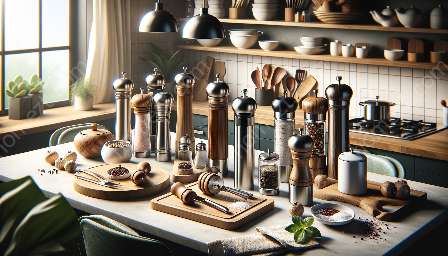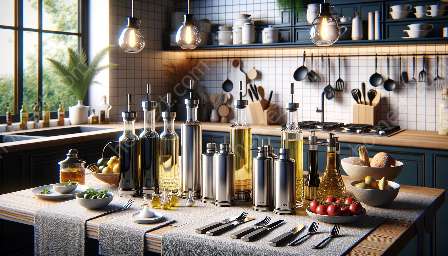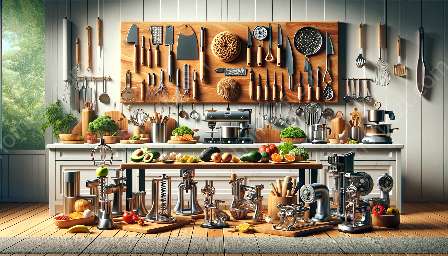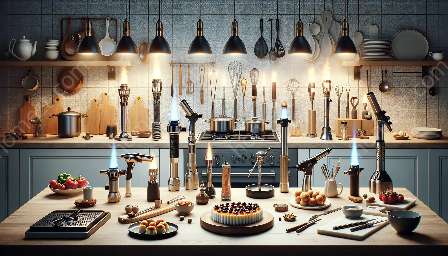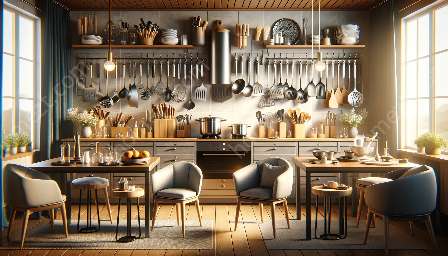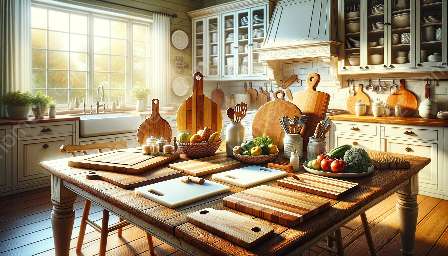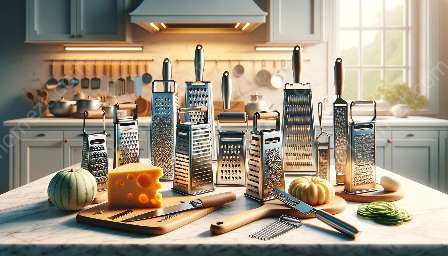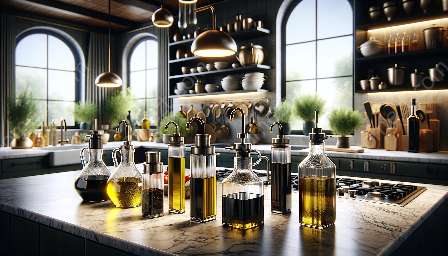Every cook knows the value of accurate measurements when it comes to preparing delicious meals. Measuring utensils are the cornerstone of precision cooking, ensuring that ingredients are added in the right quantities to achieve the desired outcome. In this comprehensive guide, we'll delve into the world of measuring utensils, exploring their various types, uses, and importance in the kitchen.
The Importance of Measuring Utensils
Measuring utensils are essential tools in the kitchen for achieving consistency and precision in cooking and baking. Whether it's measuring flour for a cake or spices for a marinade, accurate measurements are crucial for successful culinary endeavors. Using the right measuring utensils ensures that recipes turn out as intended, helping to avoid culinary disasters and guaranteeing consistent quality.
Types of Measuring Utensils
There are several types of measuring utensils that are indispensable in any kitchen. These include:
- Measuring Cups: Available in both dry and liquid forms, measuring cups come in various sizes and are used to measure ingredients such as flour, sugar, and milk.
- Measuring Spoons: These small utensils are designed to measure small quantities of ingredients such as spices, salt, and baking powder.
- Measuring Scales: Measuring scales are used to weigh ingredients such as meat, produce, and other items that require precise measurements by weight.
Uses of Measuring Utensils
Measuring utensils play a crucial role in ensuring the accuracy of recipes and the success of culinary creations. Whether it's following a tried-and-true recipe or experimenting with new flavor combinations, measuring utensils enable cooks to achieve consistent results and maintain the integrity of their dishes. Proper measurement also helps in controlling portion sizes, thereby promoting healthier eating habits and better nutrition.
Choosing the Right Measuring Utensils
When selecting measuring utensils, it's important to consider the material, accuracy, and ease of use. Stainless steel, glass, and plastic are common materials for measuring utensils, each with its own advantages. Accurate measurements and clear markings are essential for precision cooking, while user-friendly design and easy cleaning are also important factors to keep in mind.
Conclusion
Measuring utensils are vital tools in any kitchen, enabling cooks to achieve precision and consistency in their culinary creations. Whether you're a seasoned chef or an aspiring home cook, investing in quality measuring utensils is an essential step towards elevating your cooking and baking skills. By understanding the importance and uses of measuring utensils, you can take your kitchen endeavors to new heights and embark on a journey of culinary exploration with confidence and precision.

